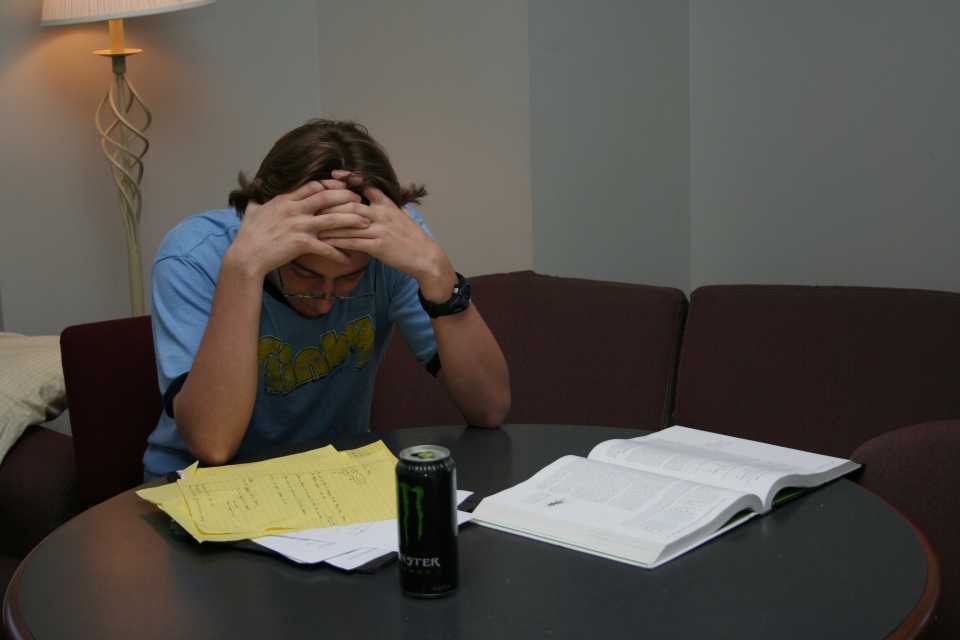To echo the comments of my undergraduate counterpart from the previous week, and to further drag out of the shadows a subject that is all too often considered a taboo to be discussed in our society, I would like to contribute to the campus wide conversation on mental health. In the summer of 2012, a study was conducted on the graduate student experience at Tech to understand the challenges facing its students and to assess their awareness of campus resources created to support them while at the Institute. Although undergraduate and graduate students may share similar stressors (e.g. exams and projects), the life of a graduate student brings with it unique tests.
Regardless of their standing, no one at Tech needs to feel isolated… All one need do is seek the help
Discovered in the course of this study was the aspect that many graduate students who have come to Tech from other institutions are unfamiliar with resources available to help with the challenges of graduate school. These challenges include anything from obstacles arising in the advisor-student relationship to the difficulty in adjusting to graduate student life. Of the fraction of graduate students that were aware of the resources on campus, most noted unease with regards to utilizing them, or further, simply felt awkward about speaking with someone about the problem.
As most will agree, in the course of pursuing our graduate degrees, hiccups in the advisor-student relationship sometimes arise, with the most often result being time mending the problem. Unfortunately, in extreme cases when the situation boils over, things become exponentially complicated. As most of the students in the study felt, the only option at that point was to be tolerant. Generally expressed was that if one were to speak to the academic professionals or higher-level school administrators, there would be severe repercussions onto their future in the program. Many graduate students share this phobia, yet in reality, the Academic Professionals and Chairs of Graduate Studies of the various schools are some of the greatest proponents of the students. Furthermore, as many in the study were unaware, there also exists the Ombudsman Program, the sole purpose being to act as independent intermediary to ensure an amicable resolution to all parties.
For issues not exclusively related to the advisor-student relationship, there are the excellent and to most, the unknown services of the Counseling Center (located on the second floor of the Flag Building). A general consensus amongst those graduate students in the surveyed group indicated that they considered the Counseling Center as something that was meant to deal with real time crisis situations. When in fact, the Counseling Center offers a slew of discussion/support groups from everything about managing stress, to support groups related to helping complete ones’ graduate thesis.
Outside of the Counseling Center, there is the Psychiatry Center at Stamps Health Services that is prepared to work with those having a crisis. Furthermore, something that many graduate students do not realize, the Dean of Student’s, Dean Stein is yet another invaluable resource ready to aid students in their time of need. Regardless of their standing, no one at Tech needs to feel isolated; between the available programs and the faculty who work tirelessly to support students through their journey at Tech, all one need do is seek the help.
